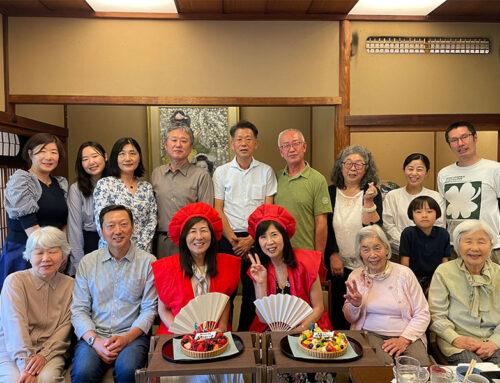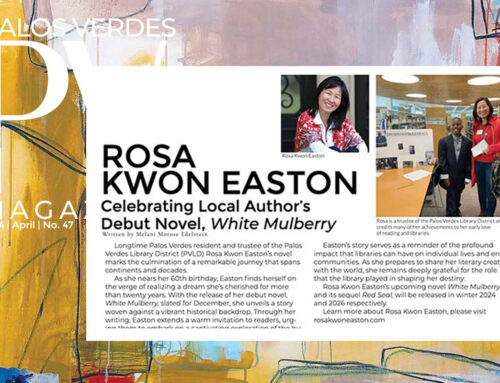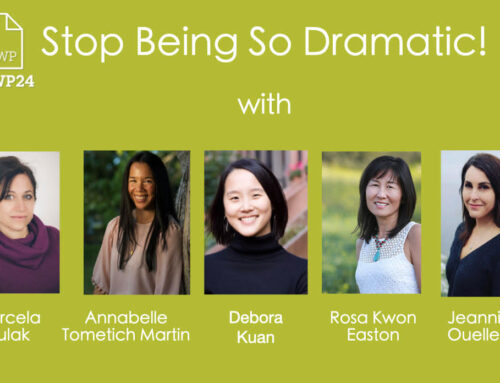November is National Adoption Awareness Month. It is also National Novel Writing Month. As I revise my book, I am exploring the role of adoption in my own family. Identity is an important theme in my life and my book. It turns out the search for self has been a large part of my family’s quest for generations.
My Father’s Adoption
 My father was adopted by his stepfather when he was in his teens and was given a new last name: Kim. My father’s identity was changed by this simple act of adoption. His biological father’s last name was Kwon, and he had died when my father was just six months old. Although they were Korean, they lived in Japan during the Japanese Occupation. Upon receiving orders to serve in the Japanese army as a nurse, my grandmother escaped with my father to Korea and later settled down with Mr. Kim. That’s when my father became a Kim.
My father was adopted by his stepfather when he was in his teens and was given a new last name: Kim. My father’s identity was changed by this simple act of adoption. His biological father’s last name was Kwon, and he had died when my father was just six months old. Although they were Korean, they lived in Japan during the Japanese Occupation. Upon receiving orders to serve in the Japanese army as a nurse, my grandmother escaped with my father to Korea and later settled down with Mr. Kim. That’s when my father became a Kim.
My father didn’t realize how much a name meant to him and his identity until he discovered his long lost family. He had a large extended family in Japan that he never knew about, who bore his original birth name Kwon. Not unlike adoptive children who go back to the country in which they were born to try to find their birth families, my father went back to Japan at the age of 33 to learn about his own lost family. He wanted to know who he really was.
While my father grew up with his mother in Korea, he knew very little about his deceased biological father and his side of the family in Japan. What he discovered during his emotional visit back was that my father had been spoiled by his grandparents, he had lived with his many cousins under one roof, and one day he disappeared and no one knew where he was for 25 years. My father had been torn away from his father’s side of the family when his mother made the bold decision to defy military orders and flee to Korea. She wanted to regain her identity as a Korean woman by returning to her homeland with her son. The search for self started with my grandmother and continued with my father.
During one of my father’s initial visits back to Japan, a cousin looked at my father’s Korean passport and asked why his last name was Kim. My father explained that his stepfather had given him that name upon adoption. His cousin was aghast. He said their ancestors were turning over in their graves. Renouncing one’s name was the greatest act of betrayal one can commit in a Korean family.
My father was ashamed and wanted to change his name back to Kwon to honor his father and his ancestors. But it was too late to do that in Korea where his name was already established. He then started thinking about immigrating to the U.S. to reclaim his name and his identity. He eventually immigrated to the U.S. and was finally able to change his name back to his original birth name when he became a naturalized U.S. citizen at the age of 40. He felt proud for doing what he set out to do and performing his filial duty. My father turned 80 this month and has never regretted his decision.
Impact of Adoption
Adoption changes lives. Without adoption, my father wouldn’t have been given a different name and spent a large part of his adult life wanting to get his real name back. We probably wouldn’t be in America today. And I certainly wouldn’t be writing this book that focuses on finding who you are and your place in the world.

These are my family’s adoption stories, but there are so many more. In the mid-1980’s, South Korea alone was sending away an average of 24 babies a day for adoption. A New York Times article published last year explained why that whole generation of adoptees is returning to South Korea. And a recent article stated that a South Korean adoptee will be deported because his adoptive parents failed to file the necessary papers to make him an American citizen.
I believe the merits of international adoption and open immigration policies outweigh the costs. The recent election has shed light on the racial divisions in our country and the challenges our country faces in the area of inclusion. I think a community is stronger when it is as rich and diverse as the world itself. We need to help create a shared sense of belonging to flourish as a society.
Adoption is one way to achieve a more inclusive society. It has shaped many families, including mine. Please join me in honoring National Adoption Awareness Month.
Do you know anyone who is adopted? How has their story moved you?






Leave A Comment